Whenever people think about starting their very own livestock farm, they usually think about purchasing cattle, sheep, hogs, or maybe even horses for that matter.
While those are not inherently bad choices, what we will have to say though is that you may want to expand your horizons a bit and also look into some of the less popular choices out there.
One such niche option is actually owning your very own emu farm. Not a lot of people know about this huge bird though, and as such very few farmers are willing to take a risk by raising their very own emus.
So, in this article we decided to give you a brief guide on everything you need to know about emu farming. Who knows, maybe you too will fall in love with this beautiful creature and you may find yourself purchasing your very own emu in the near future.
But regardless, for now let’s just hop right into a quick introduction to emus in which we will show you why the few farmers out there that actually picked emus as their livestock did this in the first place:
An Introduction to Emu Farming
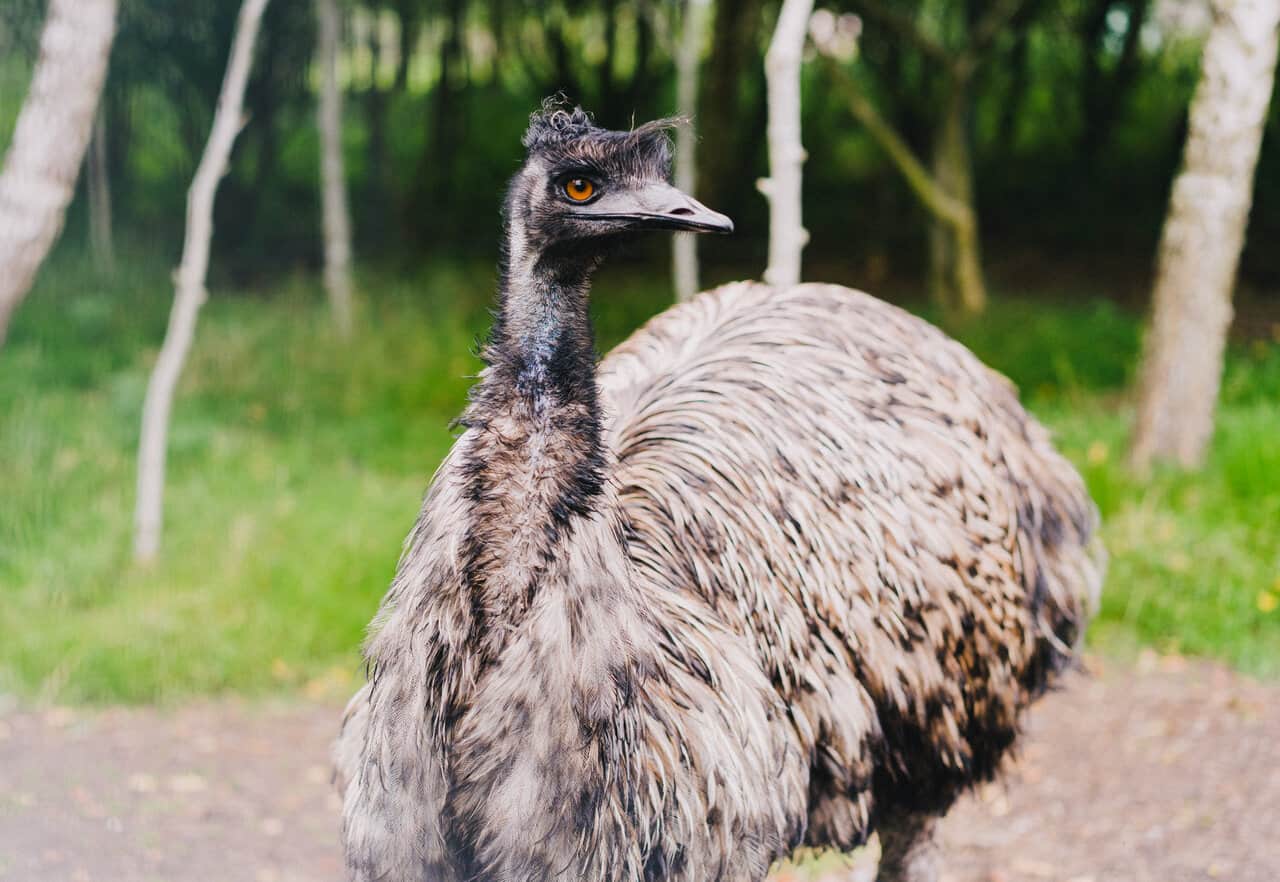
In case you didn’t know by now, emus actually belong to a ratite group, and are considered to be a multi-purpose species that can cover all of the basics in terms of produce. In simple terms, ratite birds are just birds that have very poorly developed wings.
Amongst the most popular ratite bird species out there we have the emu, the ostrich, rhea, kiwi and of course, the cassowary.
They can be raised for their meat, their eggs, their skin, feathers and of course, their oil as well. They are especially hardy, which makes them great choices for farmers that don’t want to have to worry about their health every time the weather gets a bit colder.
While both emu and ostrich farming originated from India, emu farming has spread all across the globe now, and even though it is not exactly the most popular avenue to pick, it has gained a lot of attention lately due to how many advantages there are to raising your very own emus.
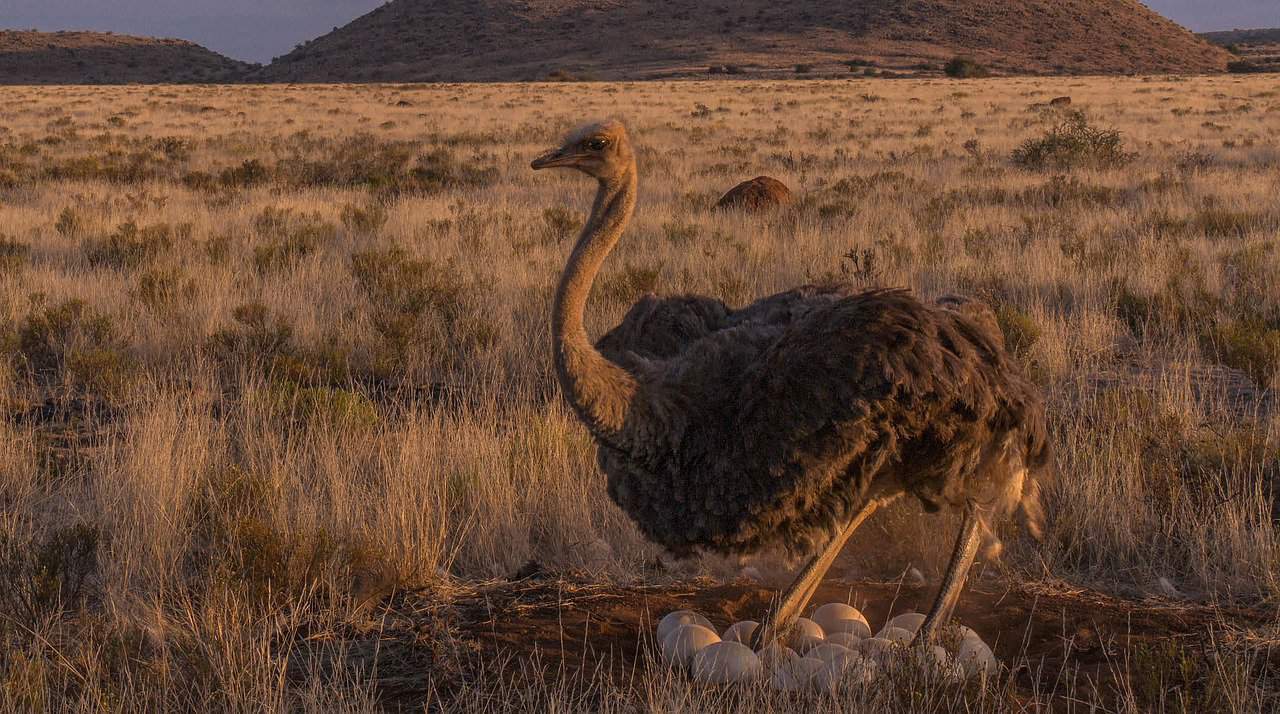
While these birds can easily survive through most climates, due to their psychological and anatomical features, it’s no wonder that they prefer more tropical climates for the most part.
At this moment, the countries that actually partake in emu farming the most are Australia, China and the United States, although as time moves on, we have noticed a lot more European countries taking part in raising their very own emus.
Since they are considered to be more “exotic animals”, they will end up having a fairly more expensive asking price in Europe no matter what, but if you do happen to live in any of the aforementioned countries, let’s just say that the price will be well worth the investment, to say the least.
The Characteristics of the Emu
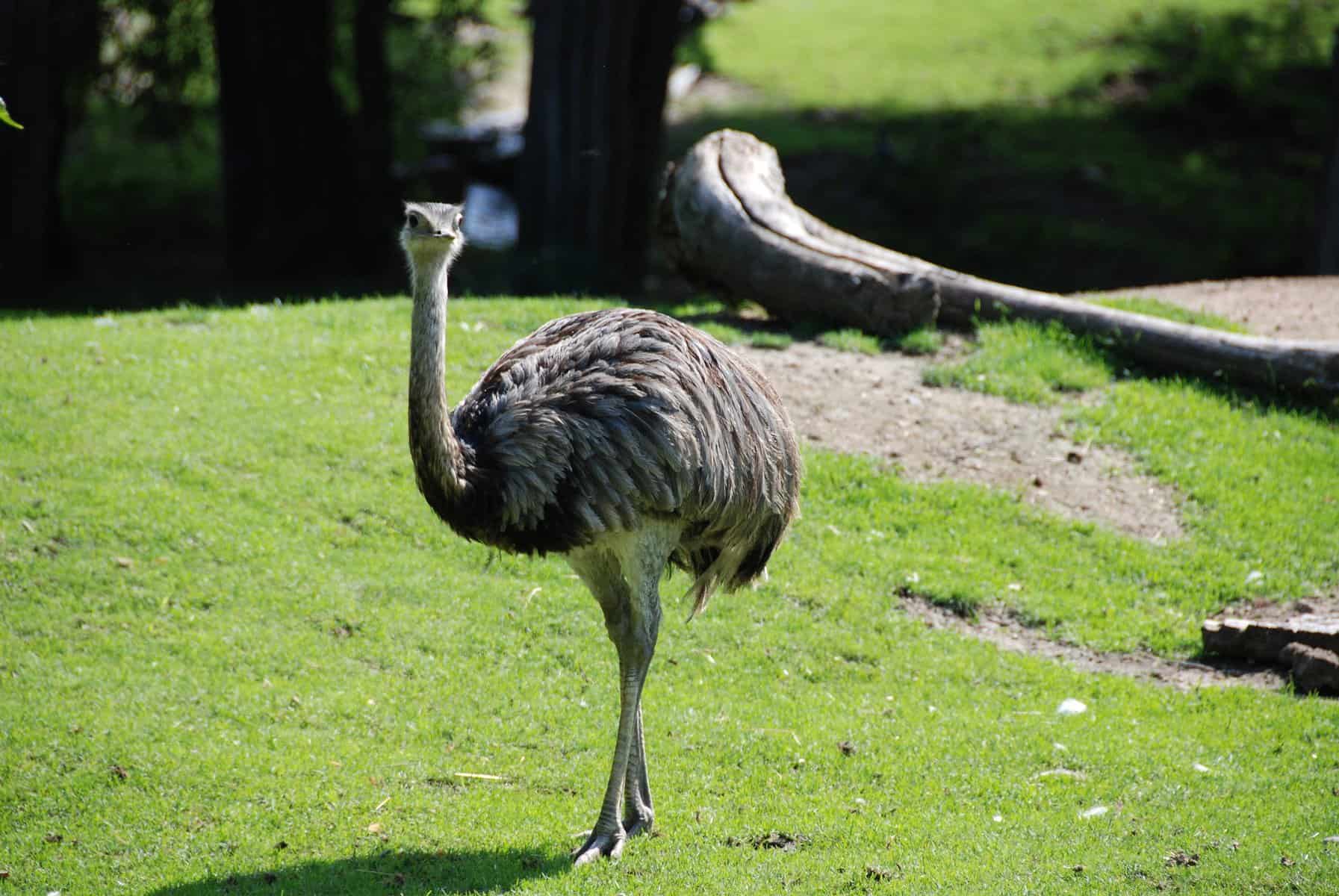
It is actually quite difficult to describe what an emu looks like to someone that has never seen one before, because chances are that they will think that you’re mocking them the whole time.
For the most part though, you can safely say that emus are large birds that have long necks, a small naked head, three toes and a lot of feathers covering their bodies.
Between 0 to 3 months or so, you will notice the fact that your emus have longitudinal stripes across their bodies, but these pretty stripes end up turning brown soon after, almost disappearing entirely by the time they reach the ripe old age of 12 months or so.
Another interesting characteristic that the emu has is the fact that as soon as they reach maturity, they end up with a bare blue neck and mottled body feathers.
On top of that, mature emus are very tall, they are capable of reaching heights of up to 6 feet tall alongside a general weight of about 45 to 60kg in total.
They have very unique scaly skin on their legs, which allows them to adapt very easily to hardy and dry soil all the same.
As far as their general food intake is concerned, you should invest heavily in insects and tender leaves, although they can also get occasional treats in the form of different vegetables and fruits, such as cucumbers, papayas and even simple carrots.
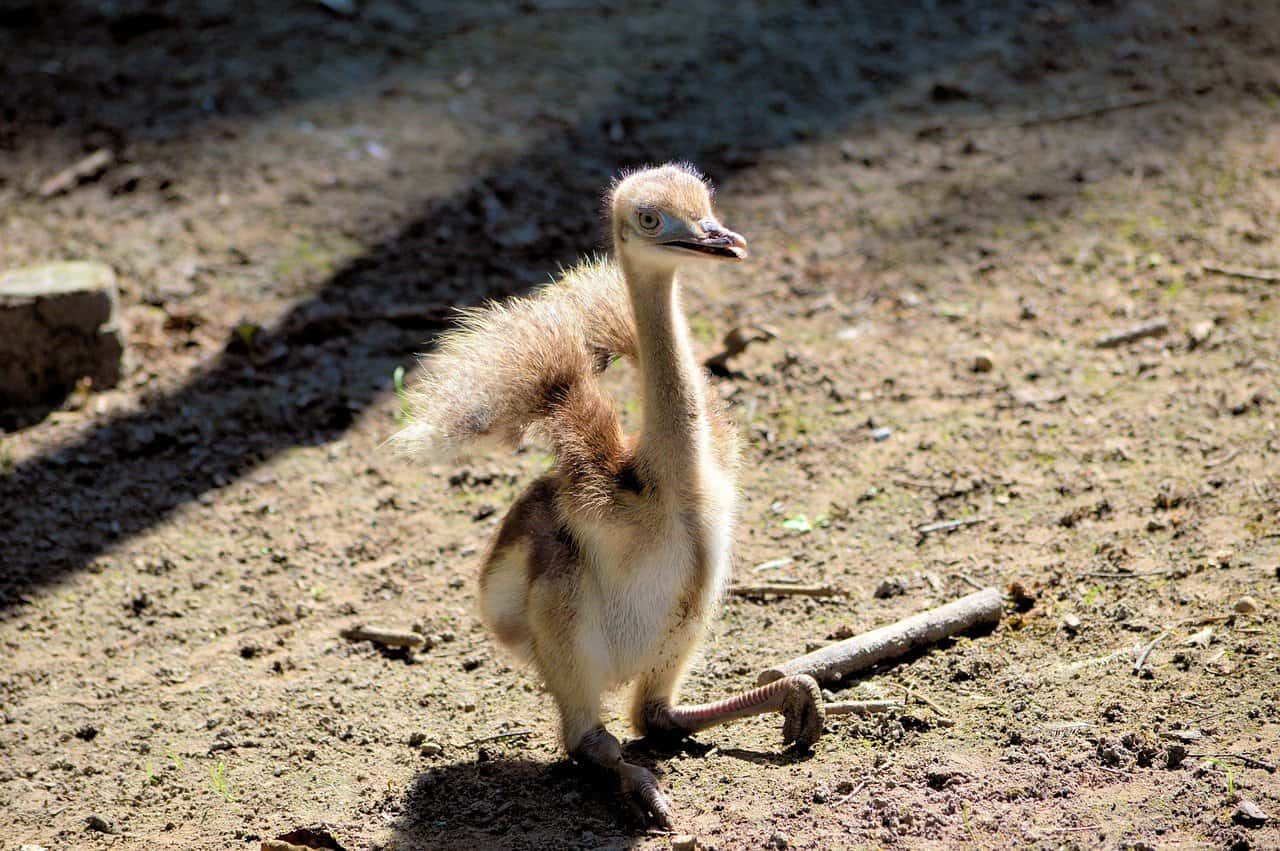
The female emu is quite a lot larger than the male, and as you can tell from this, she is also the more dominant of the pair.
If you do actually plan on investing in an emu farm, you may want to make sure that you have the capacity to keep them fed and taken care of for a very long time since the typical lifespan of an emu is of around 30 or so years in total.
One good thing about owning emus is the fact that they can produce eggs for a very long time, 16 years or so to be more precise, which makes them quite amazing for any farmer to say the least.
Couple this with the fact that their eggs are quite a lot larger than the standard chicken egg and you can see why they’ve grown to be so popular over the past couple of years.
One thing that we need to warn you about though is that emus are typically social creatures, meaning that if you do actually decide to get your very own emu, you may want to end up purchasing a flock or a pair to make sure that they get their daily chitchats in.
It may sound like a joke but a lonely emu will be a lot more violent and on top of that, they can also develop depression which will result in your emu barely walking anymore, or just being very distant no matter what.
You can always avoid this by simply getting a pair of emus as opposed to just getting one, or better yet, get yourself a whole flock and you’ll see them thrive.
Tips on Raising a Flock of Emus
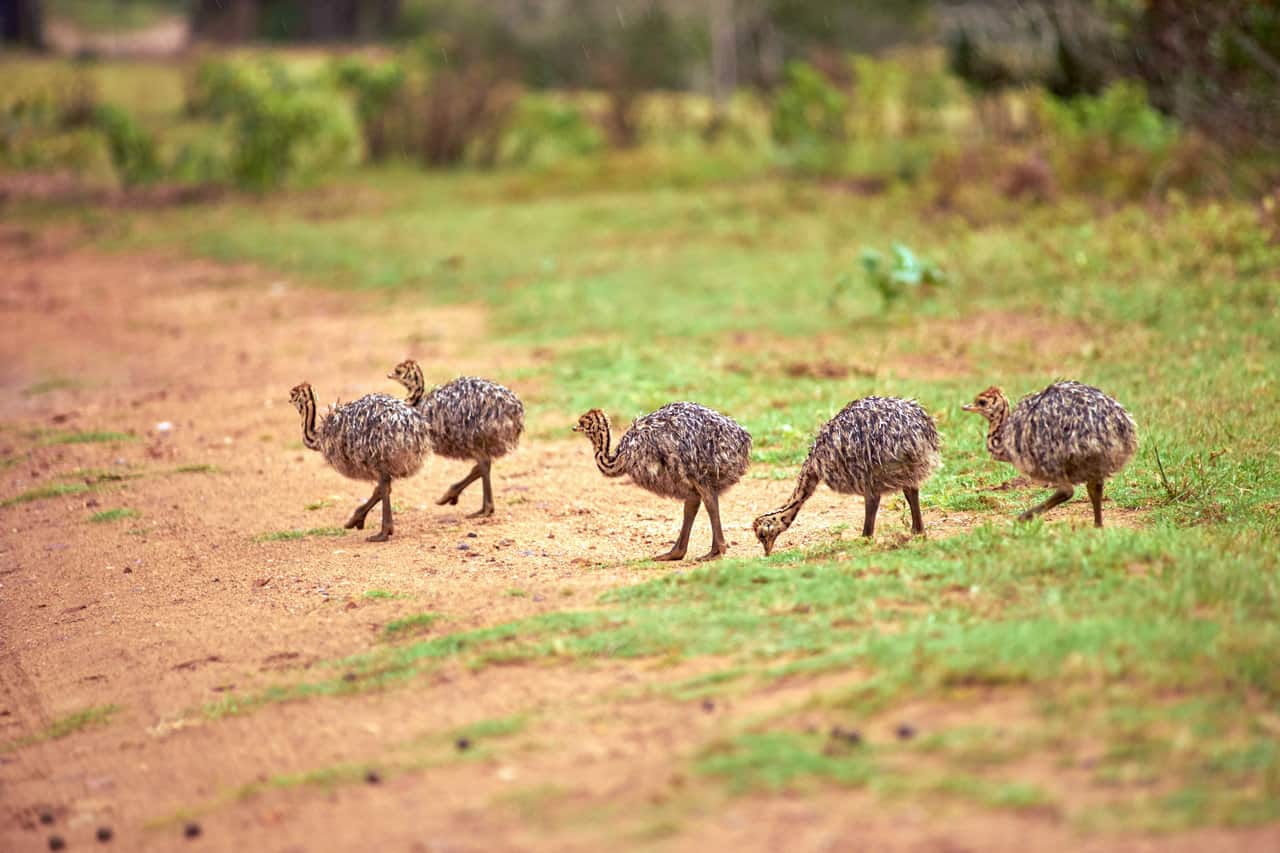
There are basically three ways that you can get started on raising your emu, and they each have their very own sets of advantages and disadvantages.
The first of these is to purchase a bunch of emu eggs, hatch them and then raise them as such. This in itself is a very affordable way of getting started, although it is also way riskier to go through, especially if you are just getting started.
The thing about raising them all the way is that you will end up with a much greater risk of mortality, and if that wasn’t enough, you also have to dedicate a lot more time and care to the birds to make sure that they are raised properly.
The other option that you have is you can always just purchase chicks. This in itself will definitely be a bit more expensive than purchasing emu eggs in the first place, but at the same time it will decrease your chances of losing one or more too.
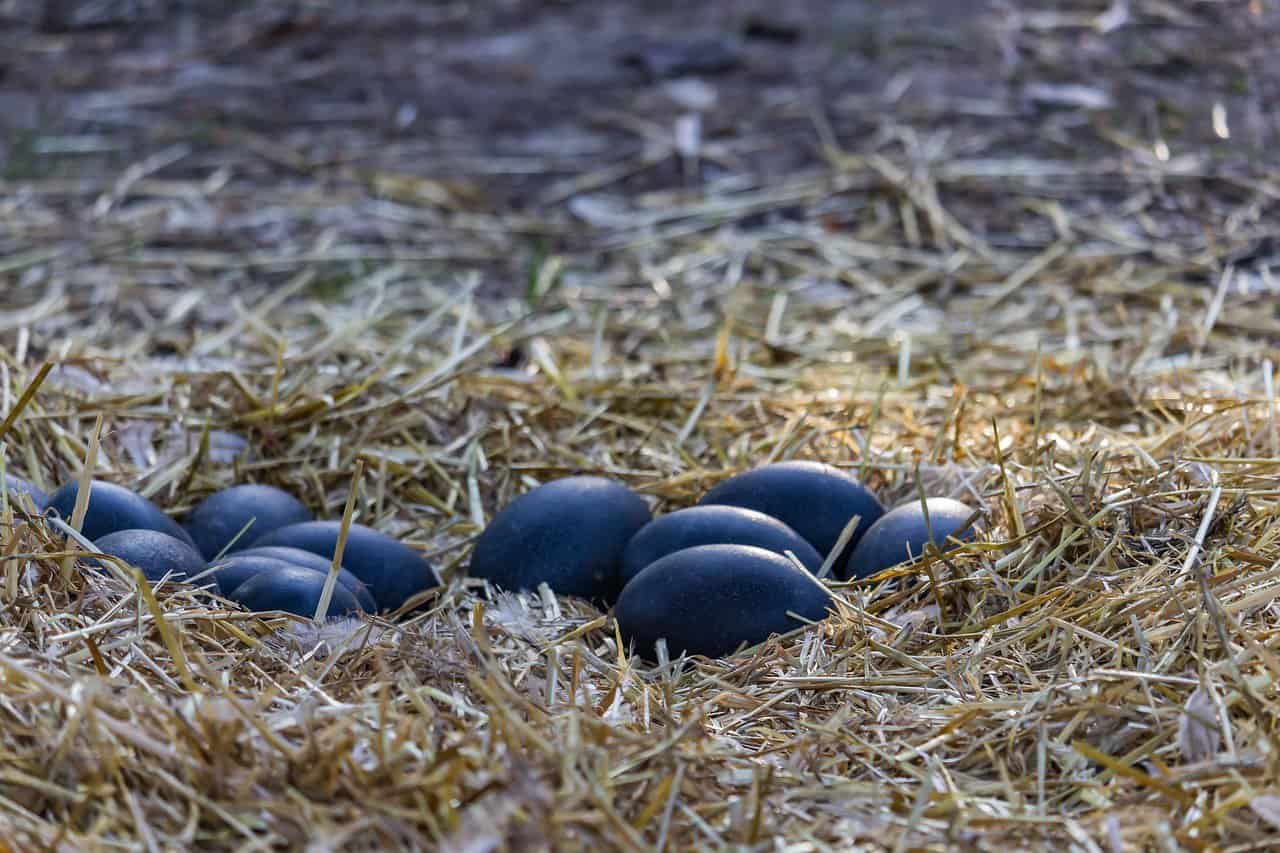
You can further mitigate this risk by purchasing them at three to ten months old, which in turn should cost you about $400 to $850 each, depending on their age and whatnot.
You can also purchase yearlings as well, which should cost you about $500 to $1,200 each, but in turn they will make the process run down a lot smoother.
Lastly, we have the most expensive option that you can take, purchasing the emus as soon as they’re ready to breed.
The standard mature emu should cost you about $2,000 to $5,000, depending on the breeder to go to of course and the documents that prove the fact that they are all healthy and ready to be bred.
Just know that if you go with the first option here, with the emu eggs, you will also need to invest heavily in incubation and hatching equipment.
This sort of equalizes the prices of the eggs when compared to yearlings, although it will still be a lot more expensive to invest into mature emus at the end of the day.
Shelter and Ventilation
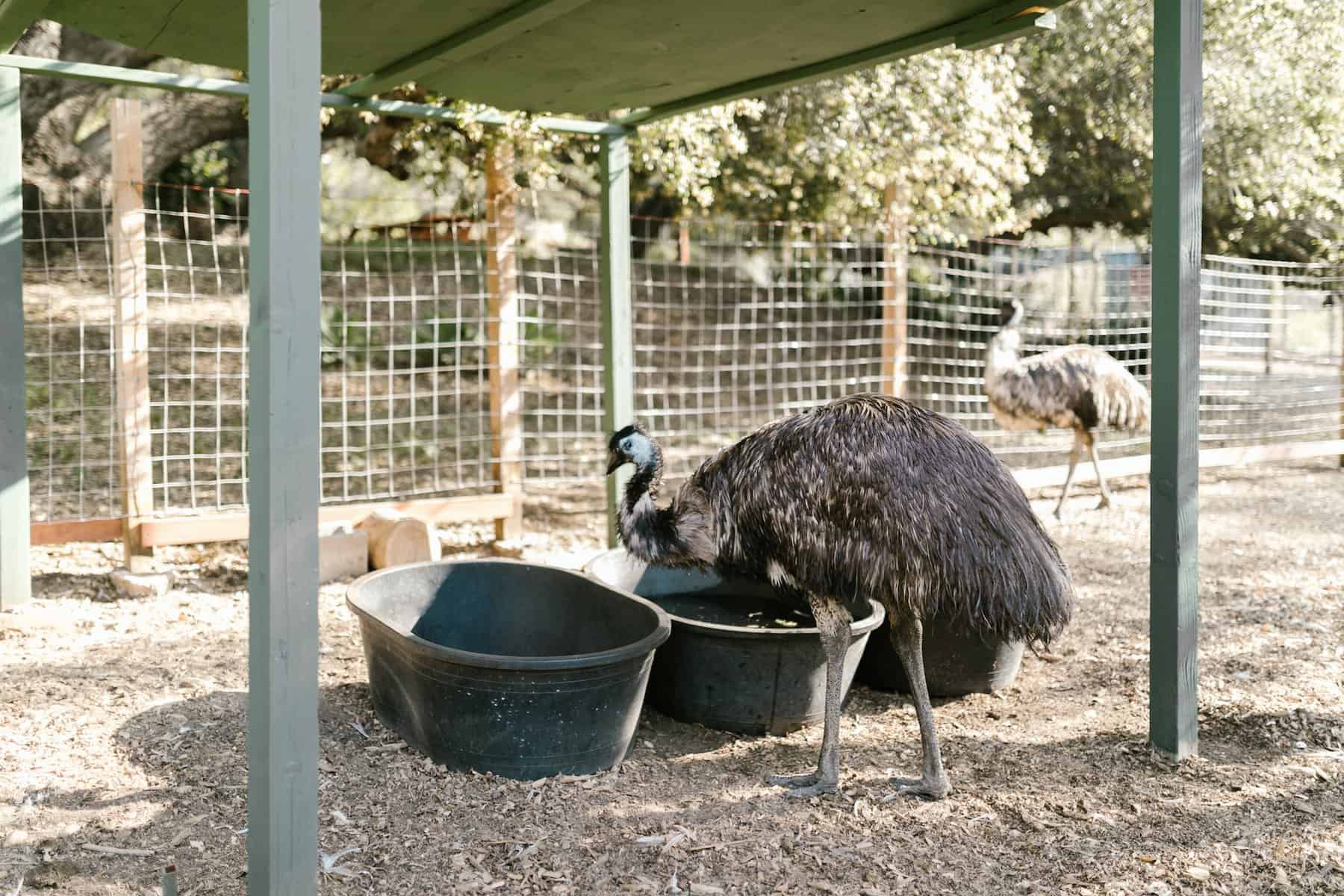
One thing that you will need to make sure that they have no matter how old they are is always going to be the warm shelter that they can rest in. This shelter will have to be sanitary and well ventilated, since they can heat up quite easily by running around aimlessly at any time.
At the same time, you should also invest quite a bit into an outside pen, so they can get all of their cardio in by just running around at maximum speed all day long.
Just keep in mind that overcrowding will always be the single most common cause of death for chicks, so just know that you should never place more than 25 birds per pen without a widespread heat source.
As soon as your chicks will end up turning into yearlings though you will need to invest quite a lot into good fencing and shelters so that they don’t end up breaking through them when they get overly excited.
An interesting thing that we discovered while raising our own emus is the fact that you should never actually keep your chicks separated based on their age, since some emus will outgrow their companions by quite a lot.
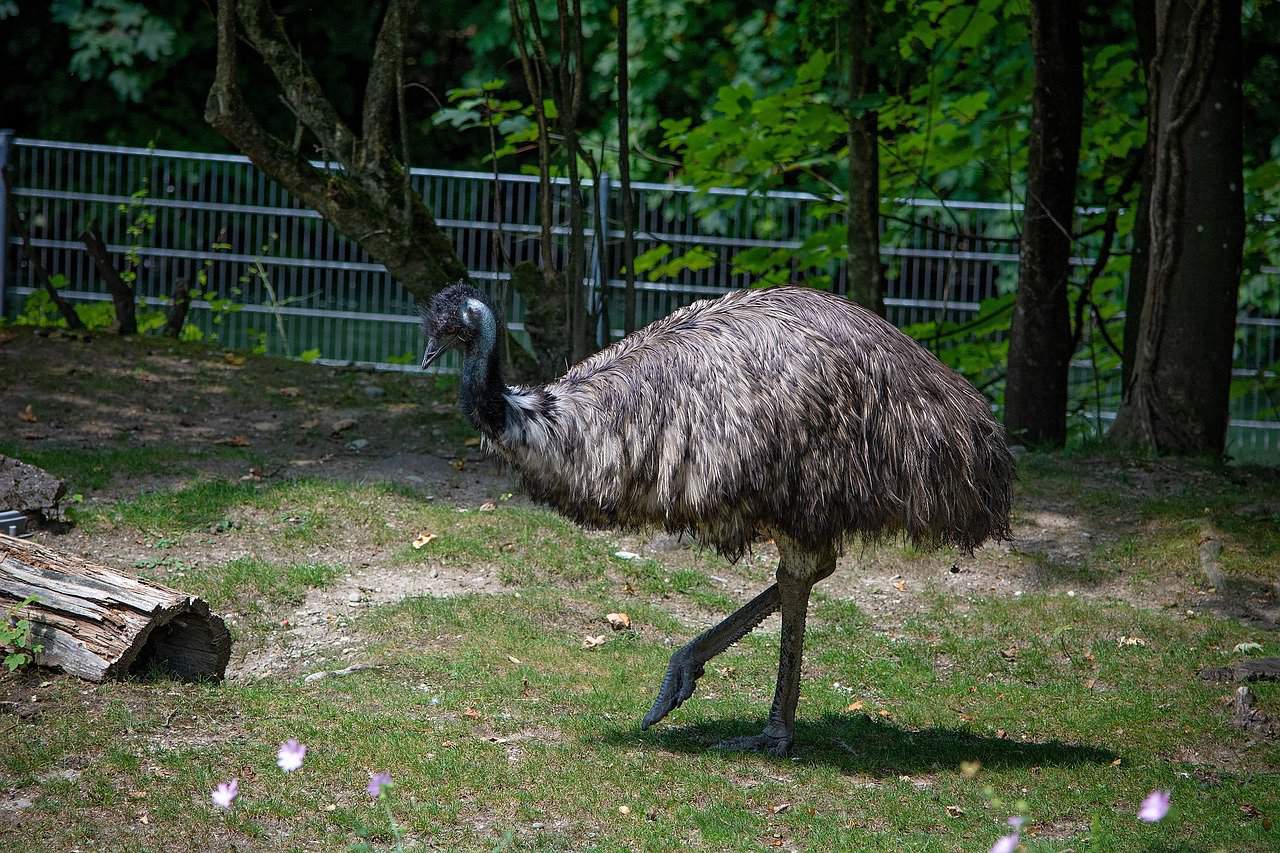
As such, you should always couple them based on their size alone, pretty much ignoring their age for the most part since there will be eight months old chicks that will be even larger than yearlings.
Also, keep in mind that while emus can’t actually fly, they can jump quite high, making them quite avid haters for fence merchants that will easily end up disappointed to see the massive six-foot-tall bird simply hop on over their fence.
All jokes aside, emus are quite heavy and large, and if you don’t invest heavily into the fencing, you will definitely have to chase after your flock since they can easily end up breaking the fence by simply jumping on it multiple times over.
For us though, a two-inch by four-inch woven-wire or chain-link fencing has done the job quite nicely, so if you want to make sure that your emus don’t end up committing genocide on the nearby plant and animal life you will definitely need to invest into that.
Emu Production, Reproduction and Uses
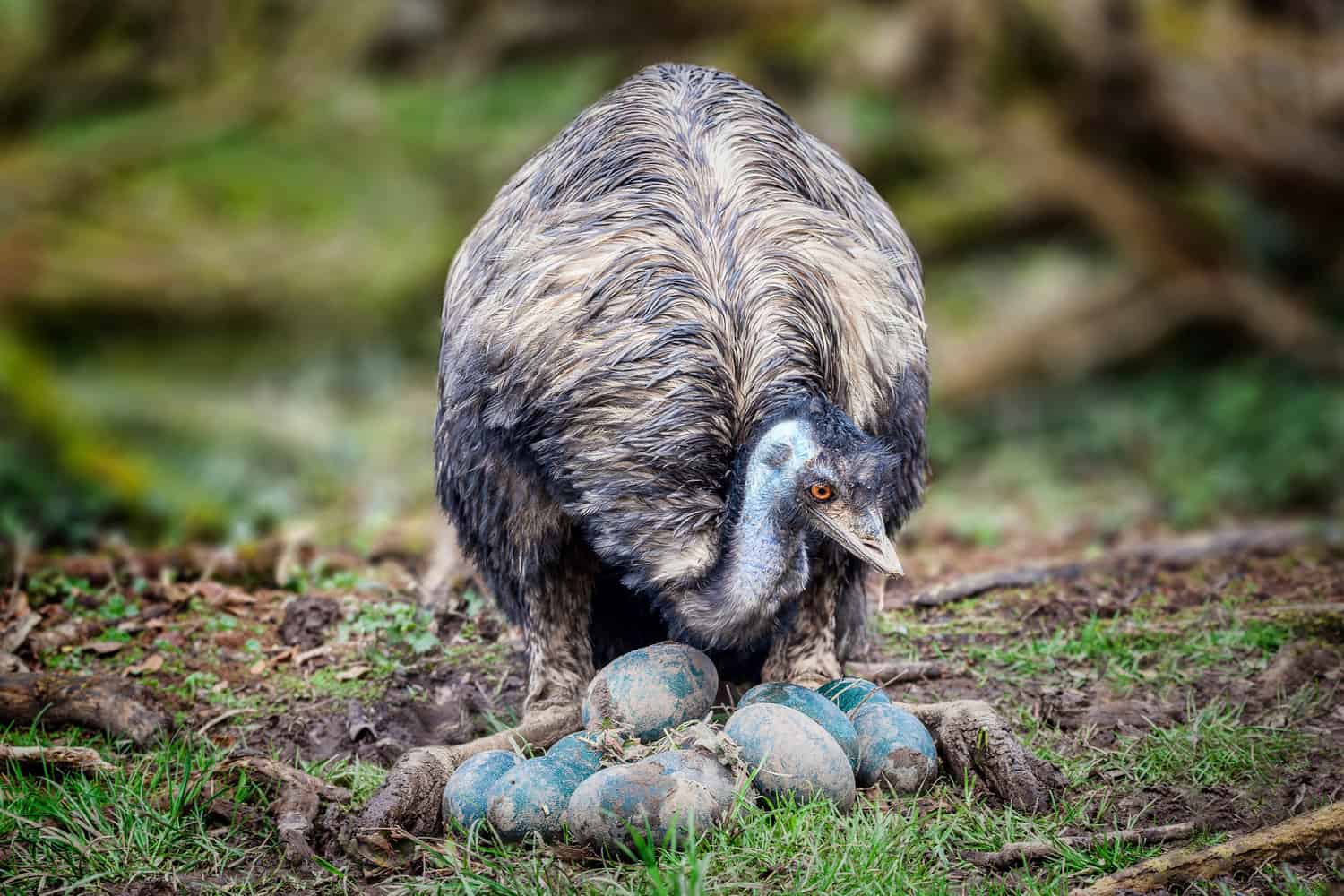
While emu eggs are quite popular on the market right now, you should keep in mind that emus are also raised for their oil, boots and meat at the same time.
Emu eggs though are definitely unique since they look so strange to begin with. First off, they are dark green in color and at the same time, they are astronomically larger than the typical hen egg. They are around 10 to 12 times larger in fact, and they can be laid every 3 to 5 days or so.
Emu eggs weigh as much as 400 to 650g each, or around 1 to 1.5lbs, and they are known for being very different from any other eggs on the market.
For starters, if you actually want to hard boil one of these eggs you will need to keep them on the stove for as long as an hour in total.
Luckily, emu eggs are quite tasty and on top of that they are also very healthy, although you will need to keep in mind that they are not exactly as easy to consume as hen eggs.
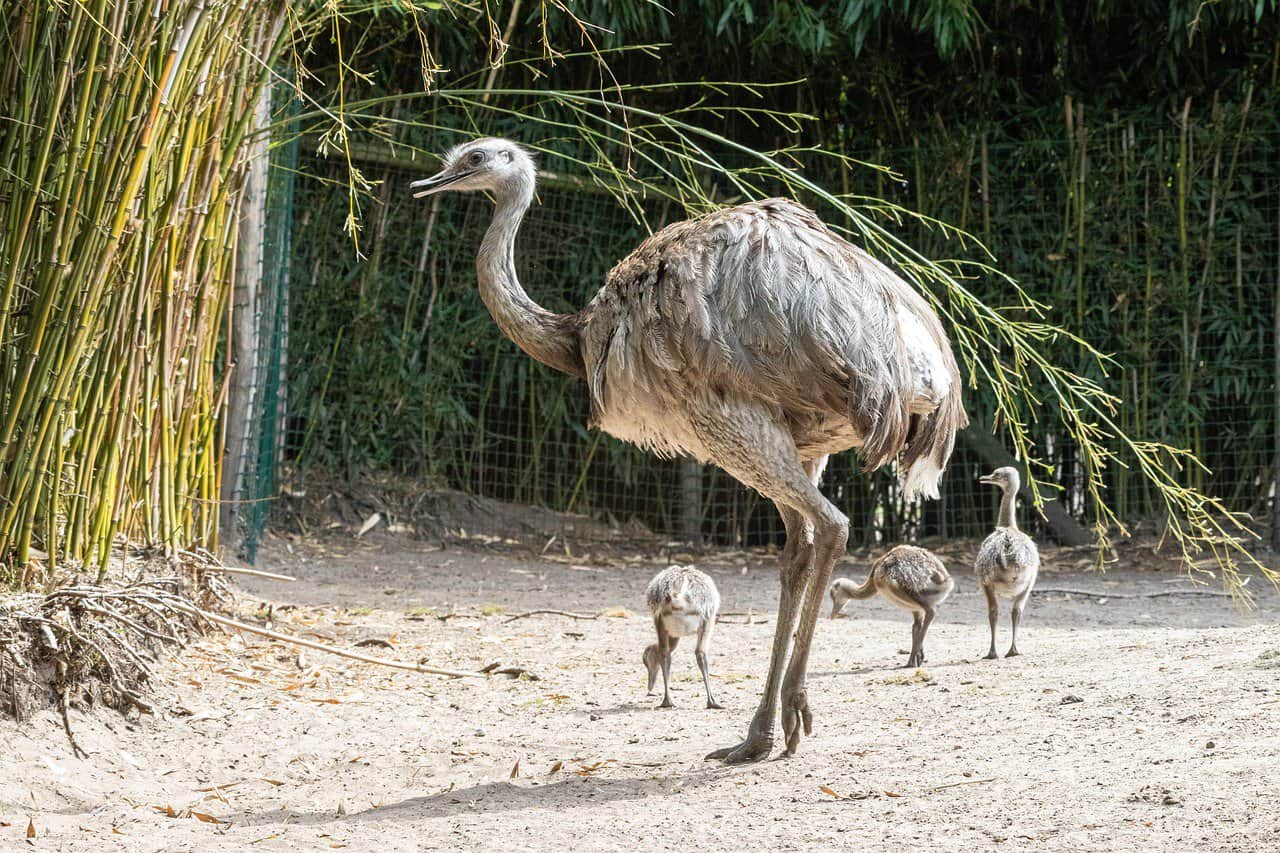
The standard emu egg has around 500 calories or so, out of which it also has around 65g of protein. That in itself makes this a great meal for those that are looking to bulk up, but it can also be a good meal for cutting if you limit yourself to emu egg whites only.
Since Emus can live as long as 40 years, let’s just say that they will definitely earn their keep since they can reproduce for at least around 25 years or so in total.
The typical emu can have around 30 young ones per year, and as soon as your bird will get over 27 years old you can use it for its meat, oil or skin for one last massive paycheck.
Emu oil is especially great since it is considered to be very good to apply on skin burns or even alopecia to fight off the symptoms.
Emu meat is also delicious, since it is around 98% fat free with plenty of protein and iron, which already makes this meat worth getting over beef or most any other meat out there.
Another advantage to getting yourself emu meat is the fact that they are usually raised under natural conditions, which means that they’re typically free of chemical additives.
The Advantages of Raising Emu
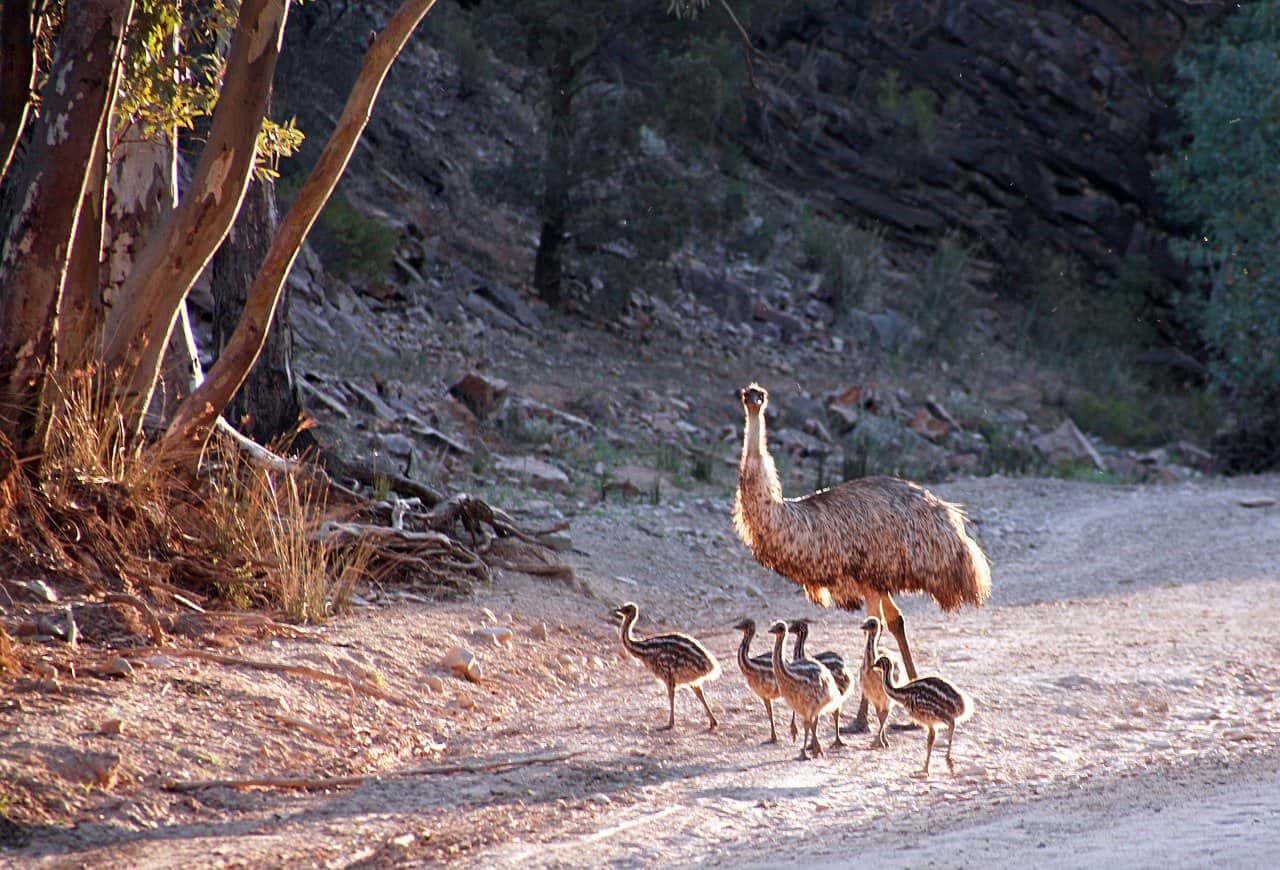
There are a ton of reasons as to why you should get your hands on a pair of emus, but by far the most important are the following:
- The market is currently on the rise because of how “exotic” they are.
- There isn’t a lot of competition still, meaning that as long as you can get a loyal userbase you should be able to make a good profit raising emus.
- They are very low maintenance birds since they rarely need anything besides the basics.
- They are very unique and they can even work as mascots for your farmhouse.
- Emus are very hardy; they can live through harsh conditions and are capable of living through any climates.
- Their eggs and meat are a very good source of protein and healthy fats, making them very good for dieting.
- Emus are very friendly and loveable, and they are often times going to get very attached to their owners.
The Disadvantages of Raising Emu
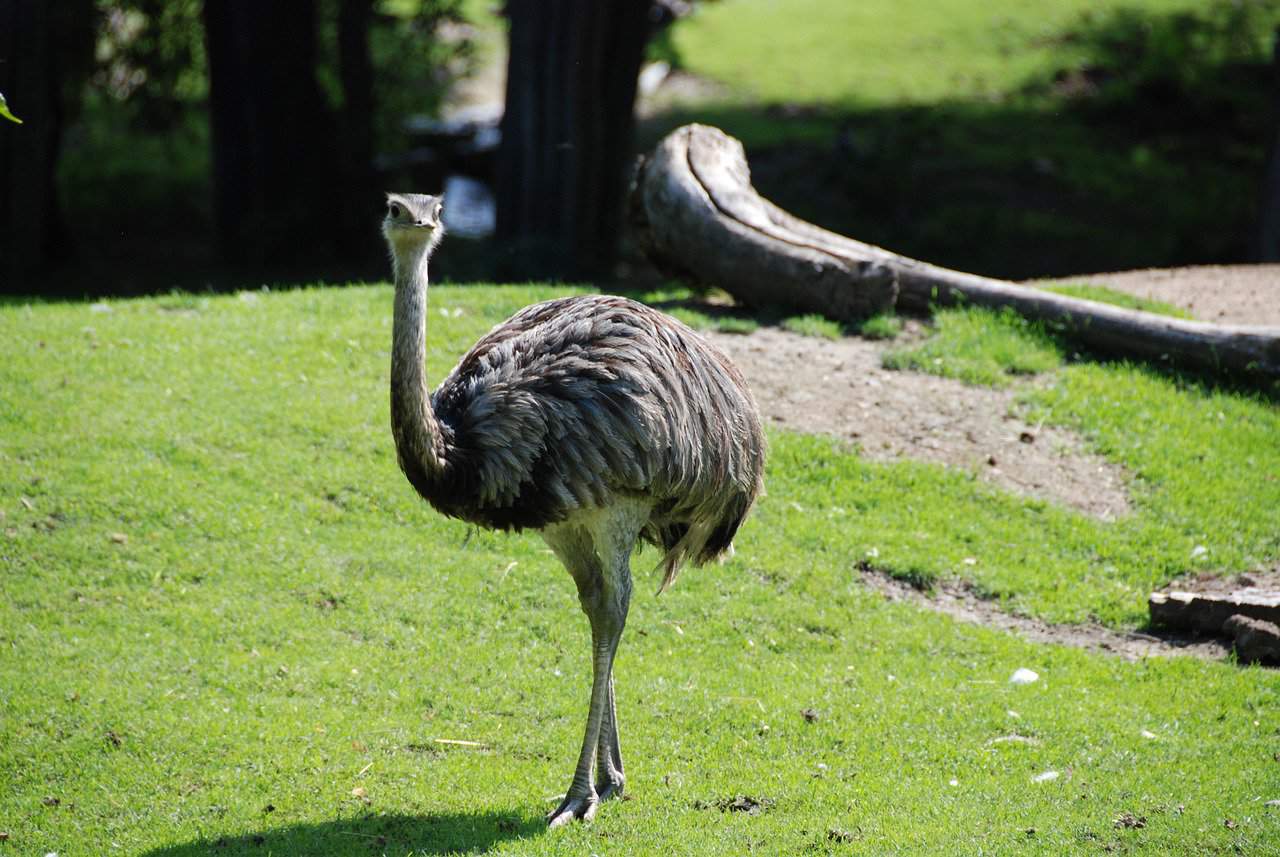
As is common with raising any sort of animal though, there are also a handful of disadvantages:
- Harvesting your feathered pals is never fun and since they are so smart and friendly, you will definitely get attached to your emus.
- The rising cost of their food is always a bummer.
- The energy required to take care of such active birds can definitely take its toll on you.
- The original price tag can definitely seem a bit much for many.
- It can be quite difficult to find loyal buyers since they are so hard to come by.
Conclusion

Overall, should you actually get your hands on a pair of emus or even a whole flock of them? Honestly, it all depends on you.
The asking price for emus is definitely high, and there will always be the risk of you not making ends meet since not everyone wants to get their hands on emu eggs or meat.
Even so, if you find them to be very loveable and you’d love to actually taste emu meat and eggs then you should definitely go for it. Emus are well worth it for us, but we totally understand if it’s not the same for everyone out there.
Remember that owning emus is a lifelong commitment since they live for so long, so only make this decision if you’re ready to take care of them for thirty to forty years.

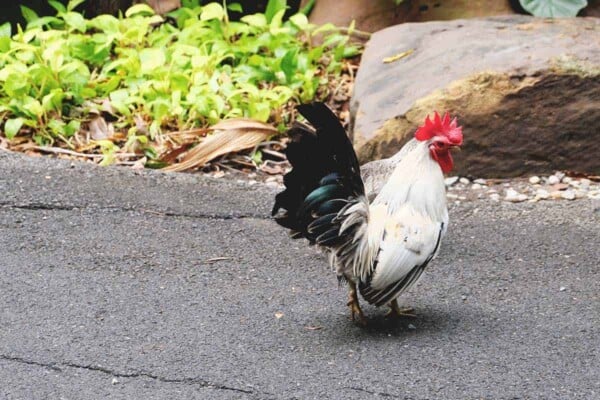
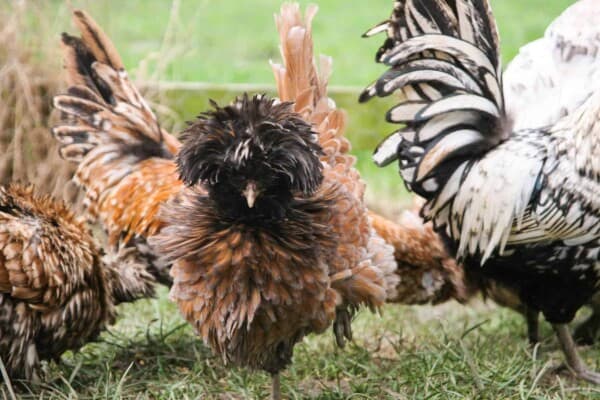
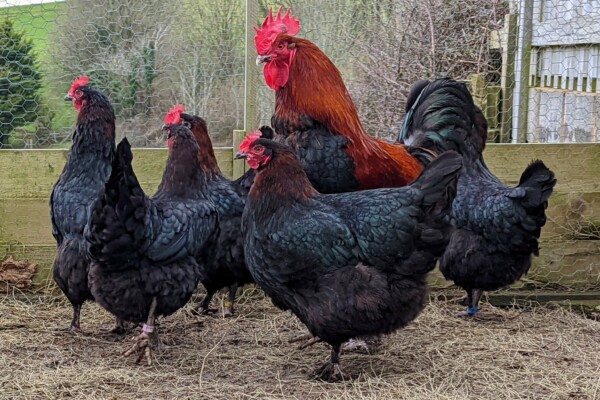
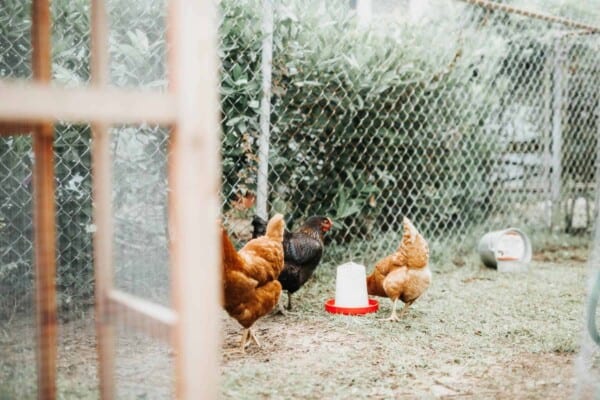
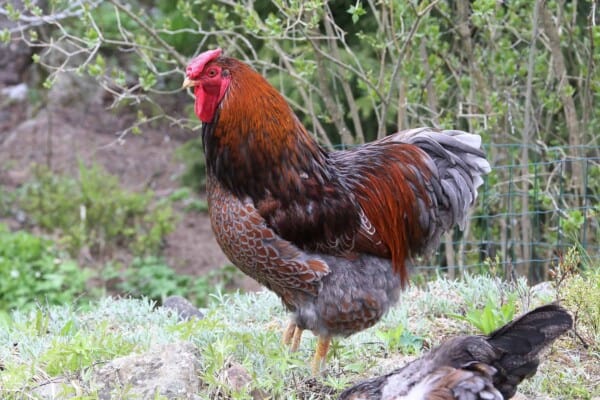
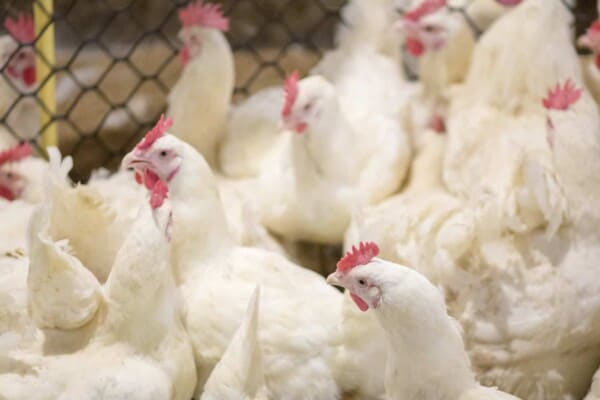
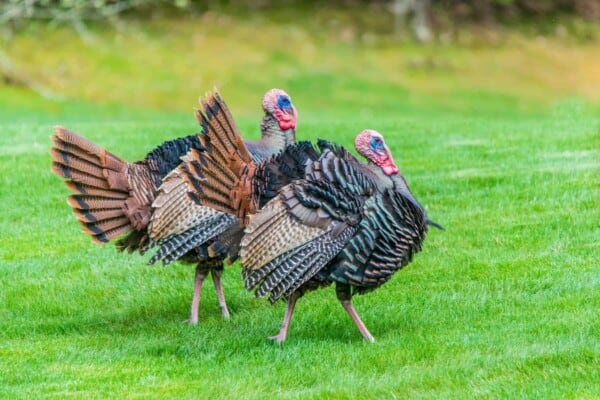
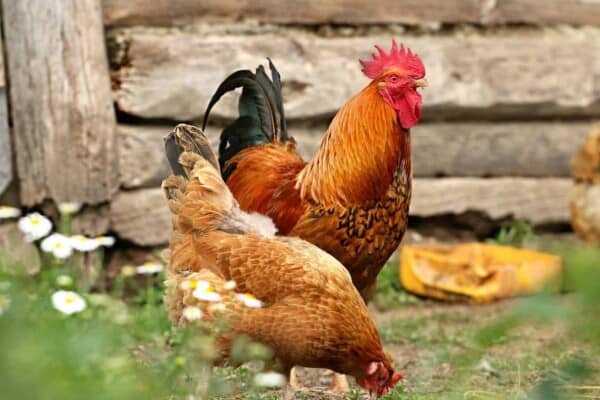
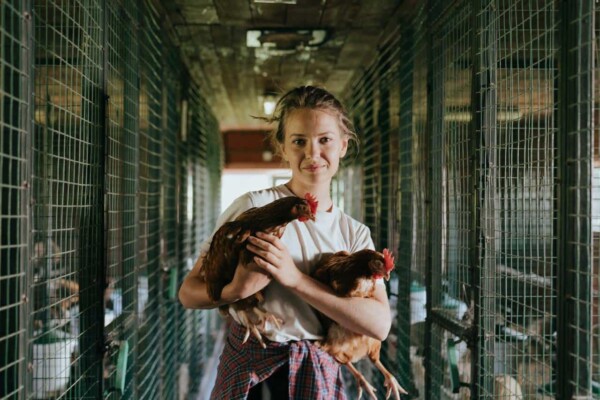
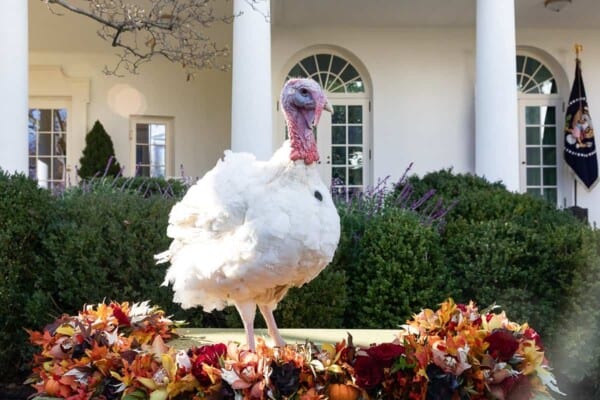
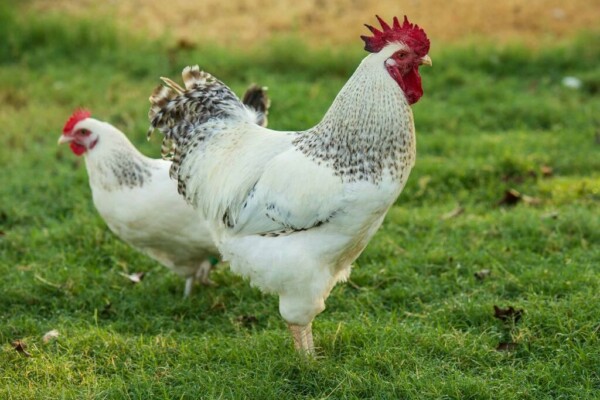
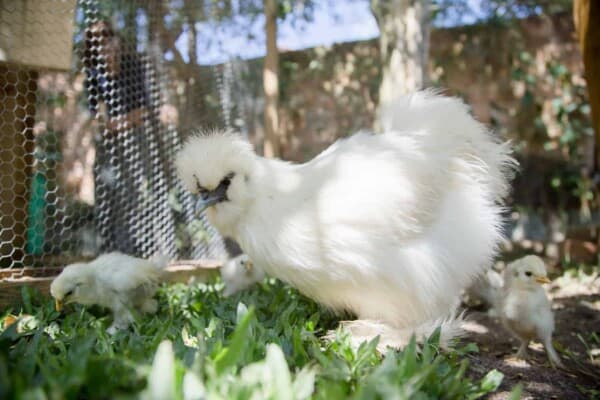
how long is it when a pair will lay eggs..???